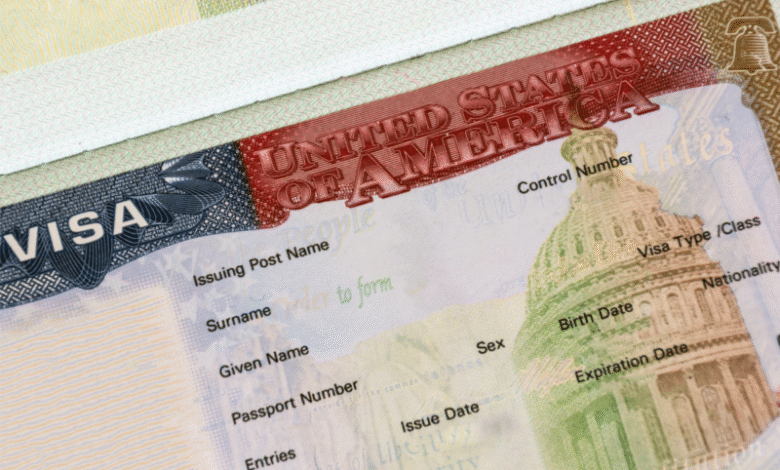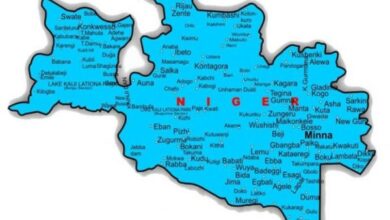U.S. Visa Policy Tightens: Interviews Now Mandated in Country of Residence

A significant shift in U.S. nonimmigrant visa processing took effect this week: applicants must now attend their visa interviews at the U.S. embassy or consulate in their country of nationality or residence.
The change, published on the State Department’s official visa portal on September 6, 2025, overrides previous guidelines that allowed applicants to use third-country interview locations for convenience or faster processing.
The Department noted: “Nationals of countries where the U.S. government is not conducting routine nonimmigrant visa operations must apply at the designated embassy or consulate, unless their residence is elsewhere.”
The list of designated locations covers nationals from conflict-affected or diplomatically restricted states such as Afghanistan (Islamabad), Belarus (Vilnius, Warsaw), Cuba (Georgetown), Iran (Dubai), Russia (Astana, Warsaw), Venezuela (Bogota), and Yemen (Riyadh).
Applicants are also warned to expect longer appointment wait times and to ensure they can substantiate their residency in the location where they apply. Fees paid for interviews outside an applicant’s assigned consular district are non-refundable.
Existing appointments, however, “will generally not be cancelled,” and the Department emphasised that the new rules do not apply to diplomatic, NATO, or UN-related visas.
According to the Saturday release, exceptions may still be granted for “humanitarian or medical emergencies or foreign policy reasons.”
The Department urged applicants to check their local embassy or consulate websites for details on requirements and wait times.
This sweeping adjustment, officials noted, is part of efforts to streamline nonimmigrant visa adjudications while managing global backlogs and security considerations.
ANN reports that the US State Department’s new directive extends explicitly to non-immigrant visas, ending a long-standing practice among nationals of travelling to neighbouring countries to secure interview appointments.
In Nigeria, for example, for years, when slots in Abuja or Lagos were unavailable, applicants often turned to consulates in Cameroon, Namibia, Ghana, the Ivory Coast, Canada, or even the Dominican Republic to fast-track their chances.
Under the updated policy, Nigerians—and all other nationals—must apply strictly in their country of residence or nationality.
This shift will significantly alter how applicants navigate the already challenging process, especially given long wait times in Nigeria.





